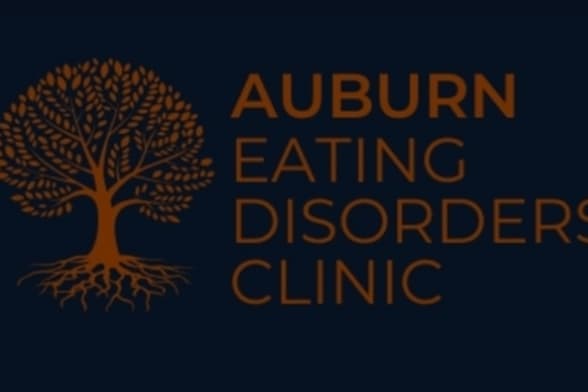Auburn Eating Disorders Clinic

About Auburn Eating Disorders Clinic
The Auburn Eating Disorders Clinic (AEDC) is a training clinic housed within the Auburn University Psychological Services Center that provides high-quality, low-cost, evidence-based assessments and treatment to individuals struggling with eating disorders, disordered eating and/or body image concerns.
Co-directors Drs. Tiffany Brown and April Smith supervise clinical psychology Ph.D. students in implementing empirically-supported treatments for children, adolescents, young adults and adults in Alabama for a variety of eating disorders, including anorexia nervosa, bulimia nervosa, binge eating disorder, purging disorder, avoidant restrictive food intake disorder, other specified feeding and eating disorders, and muscle dysmorphia. We are currently able to treat children (6 years and older), adolescents, and adults.
The AEDC is committed to providing evidence-based treatment, meaning treatments that have been shown to be help improve eating disorder and body image symptoms in research studies. As such, our services are primarily based in cognitive behavioral therapy (CBT), which involves regularizing eating, in-session weight monitoring, learning new ways to cope with distressing thoughts and urges about eating and/or body image, and out-of-session practice activities.
For children or adolescents, we typically require family/caregiver involvement and use a family-based therapy approach, as research and our clinical experience has demonstrated that caregiver support is critical for recovery. Additionally, we tailor our treatment plans based on evidence and the client's unique needs.
We also value size inclusivity and understand that all eating disorders can occur in all types of body sizes. Treatment typically lasts 20 weeks (but can be up to 40 weeks, if individuals are severely malnourished). We often recommend working with an interdisciplinary team (e.g., general practitioner, nutritionist, psychiatrist) and will work to provide you with referrals as needed.
We are committed to providing care that is responsive to clients from diverse backgrounds. Our clinicians and faculty complete cultural competency training, and many have participated in additional training on treating LGBTQ+ and male-identified clients.
We also value size inclusivity and understand that eating disorders can occur in all types of body sizes. While we may not have the same lived experiences as our clients, it is our intention to create a safe environment for individuals with a variety of intersecting identities.
What are the treatment levels provided by your program: outpatient treatment What patient types do you treat: children (6+), adolescents, adults, of all genders What therapies do you provide? CBT-E, CBT for ARFID (CBT-AR), Family Based Therapy (FBT)
Office Location
Treatment Type
-
Primary Eating Disorder Treatment
Program Type
-
Outpatient Program
Therapy Offering
-
Cognitive Behavioral Therapy (CBT)
-
Family Therapy
Gender Specificity
-
Males Inclusive
Age Group Treatment
-
Treatment for Adolescents/Teens
Inclusivity
-
LGBTQ Inclusive
Services
-
Cognitive Therapies
-
Family Therapy/Program
Specialities
-
Eating Disorders
Issues
-
Binge Eating Disorder
-
Anorexia
-
ARFID (Avoidant Restrictive Food Intake Disorder)
-
Bulimia
Client Focus
-
Adults
-
Adolescents
Modality
-
Psychotherapies
-
Behavioral Therapies
-
Family